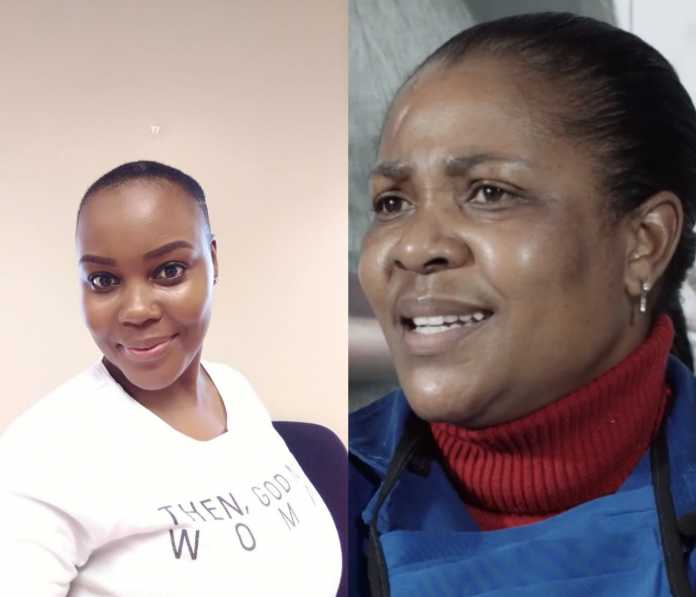
Trade careers have traditionally been more male dominated, employing fewer women and often susceptible to masculine stereotypes. The demand for smart meters is growing worldwide, yet for the industry to reach its potential, it must address critical issues sooner rather than later.
Because the industry currently employs more men than women, it may seem the obvious choice to turn to male candidates to fill the positions available. However, the skills gap is also a fantastic opportunity for many women, and this should be more of a focus for key stakeholders in the smart meter target.
What applies to companies, applies to entire sectors. Africa’s smart meter sector will not be able to develop, progress, and remain competitive if it refuses to transform and move on from being predominantly male-based structure to a diverse status quo.
The month of August is when we commemorate the strength, character and power that was displayed by the women of 1956. It is also the month when South Africans highlight the inclusion of women in many sectors which includes the smart meter sector.
A good example of a company that has prioritized the inclusion of women in smart metering is Lesira-Teq, a leading innovations company that designs, manufactures and supplies Smart Metering Systems globally. The company employs 23 women and boasts of having them in different company structures to add diversity, monitor quality and enhance their performance in the sector. Having empowered many women through effective training and skills development, these women play a critical role in the production line of the smart meters. “When I arrived at the company, I knew nothing about the product. The company took me in for training, empowered and mentored me. I now run the lid assembly division of the company” stated Mrs Margeret Msiza who works in the production department of Lesira-Teq.
Another power woman Baatile Moloi joined Lesira Teq in 2017 as a Sales and Marketing Intern and she got an opportunity to be mentored in Tendering. The company then enrolled her for a Tender Course to make sure she gets a qualification.
“For the longest time gender equality has been a challenge not only in the Smart Metering world but in all industries that have been modelled as man’s space. Fear of change and diversity led to this. However, slowly but surely we are getting there”, says Mrs Moloi who works in the tendering department.
She also says that “setting different standards for women and men creates a barrier for woman. If both men and women are qualified and have the necessary skills, then they should be given equal opportunities”.
Women bring diversity in the workplace. Numerous studies state the more diverse a group, the quicker and easier it’ll be to identify and solve problems. More diverse groups are better placed to not only tackle various challenges, but also create a competitive advantage by encouraging businesses to consider new methods and practices. Diversity is not only about political correctness; it encourages better business practice and drives environmental policy.
A recent research by EY Reporting has revealed that utilities with a greater female representation tend to show better business performance, with the “top 20 gender-diverse utilities outperforming the bottom 20 by 14.8%.”




